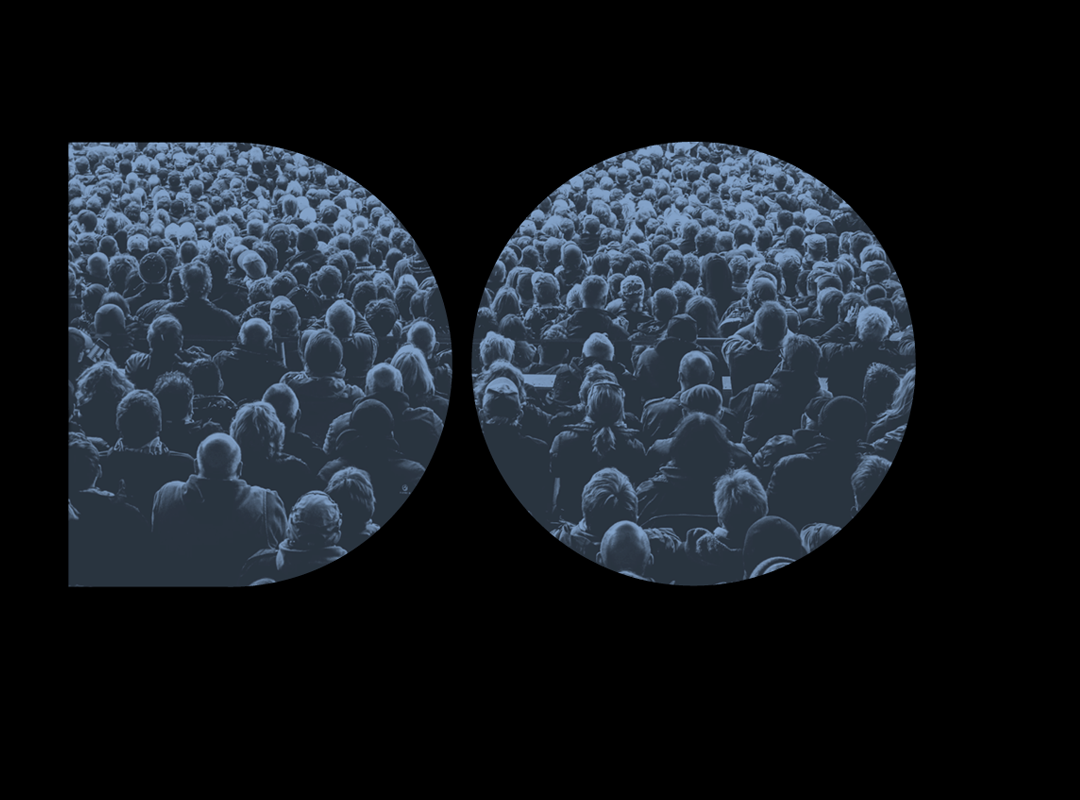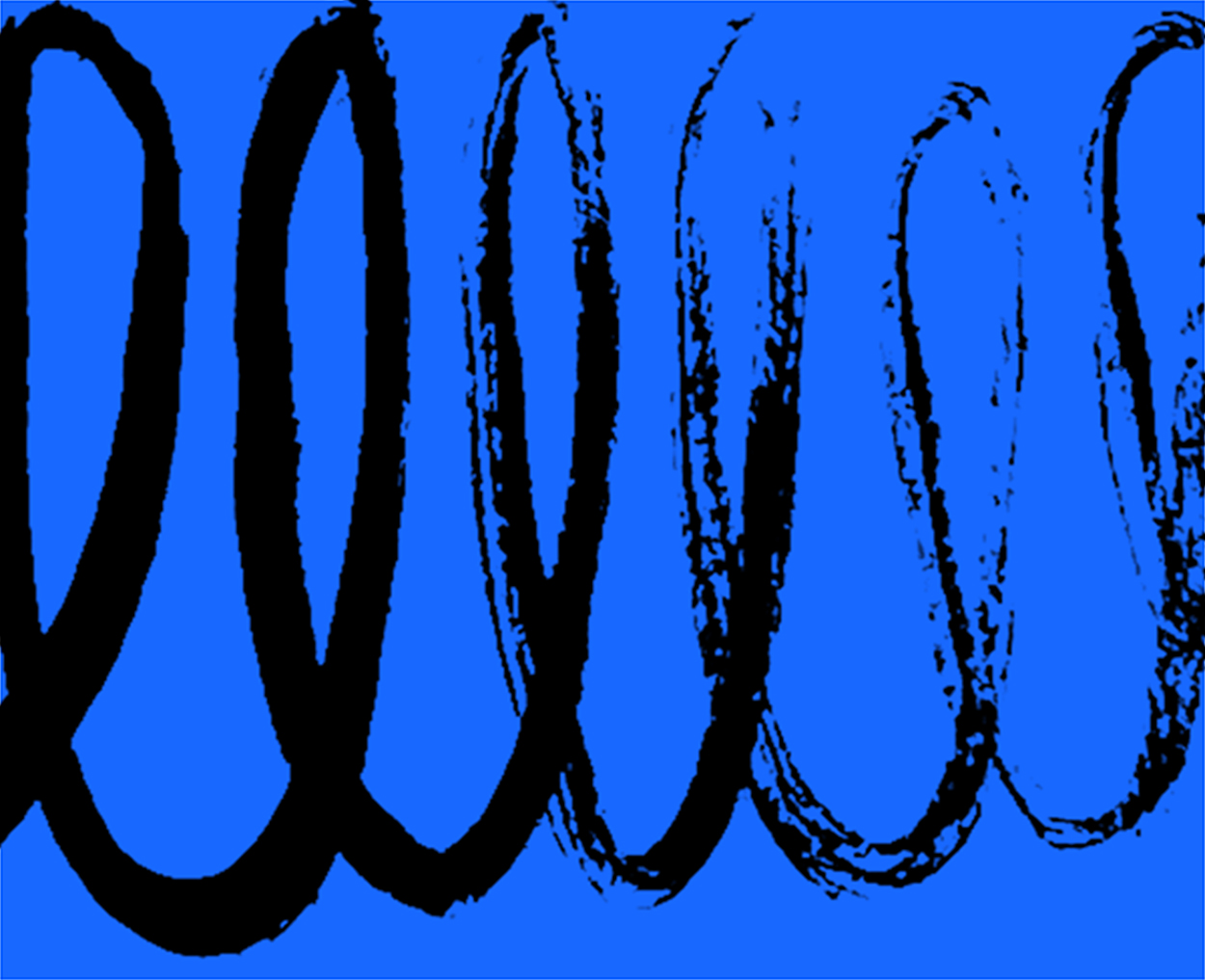Arts + Culture • Media • Music • Obituaries • Social Good

December 29, 2006
War Is Over! If You Want It

Yoko Ono and John Lennon with peace campaign poster against the Vietnam War, 1969. Photograph by Frank Barratt/Getty Images.
When the star of the documentary The U.S. vs. John Lennon is asked by a reporter what he thinks Nixon should do to end the Vietnam War, Lennon stares incredulously into the camera. “He should declare peace.” As if this was the most obvious solution in the world.
Sitting in a movie theater in September, I realized this was the most brilliant thing I had ever heard. After years of being politically aloof, I suddenly felt my first swell of social activism rise within me, and with it, the smacking realization that the person who made me feel this way had been dead since 1980.
After the movie, my boyfriend and I drove silently to a Thai restaurant where a man in a studded white jumpsuit named Kevin sings Elvis songs, and sometimes, Beatles songs, too. When I finally opened my mouth to talk about the movie, my eyes started to sting, though my tears had nothing to do with the curry before me. Every designer I knew was struggling to find the right message that could make the world a better place, and all Lennon ever had to do was open his mouth and the whole world tuned in. We sat there, mourning the death of Lennon 26 years later, weeping into our Thai iced teas.
The film told a story I did not know: As their voices became as well known for speaking out against the Vietnam War as they were for their music, John Lennon and Yoko Ono came under heavy surveillance by the FBI. An investigation, only recently fully declassified, included an unbelievable four-year-long attempt to deport them. The film goes to great lengths to juxtapose the government’s atrocious behavior with Lennon’s cheeky pacifism. Machine guns spray a combat-shredded Vietnam; he’s in bed with a dozen people singing “Give Peace a Chance.”
Peace was possibly the one ideal that most characterized Lennon’s persona. And eventually, it evolved into one of the most powerful messages of all time — a message that originated as Lennon and Ono’s Christmas card:
WAR IS OVER!
IF YOU WANT IT
Happy Christmas from John & Yoko
As 1969 came to a close, Lennon and Ono’s idea grew beyond printing a few posters. As Ono notes in the movie, Lennon was the one who dreamed big. “I said let’s have T-shirts,” Ono remembers, “and John said, ‘Let’s buy billboards.'” The posters were displayed as billboards in twelve cities across the world. And the message appeared not only in mass-produced posters and postcards, but in newspaper ads, and on the radio and television. It was the first multimedia campaign for peace.
This message, mind you, is black type on a white background — center-justified, no less. There’s no design credit, but this is fitting since there’s little design here. And yet, over thirty years later, it’s still being quoted, appropriated and reproduced. Sadly, it’s still all too resonant.
In 1971, Lennon and Ono, with the Harlem Community Choir, recorded their message as a peace anthem — a song that has also become a Christmas standard: “Happy Xmas (War Is Over).” According to the John Lennon Museum, Lennon wrote the song to get people to see war at a grassroots level — and to take responsibility for the world around them. When I heard the song the first time this holiday season, innocuously floating down from the ceiling at Borders Books, I sank to the ground in the magazine stacks. Again, I was overwhelmed by Lennon’s simple wisdom. And, for the first time, I actually listened to the words.
So this is Christmas. And what have you done? The opening lines, sung so nonchalantly by Lennon, serve as a call-to-action. The holidays becomes the moment in the year for personal assessment, to review your choices. And to make things better. If you want it.
Alissa Walker is editor of the design blog UnBeige.
Observed
View all
Observed
By Alissa Walker
Related Posts

Business
Courtney L. McCluney, PhD|Essays
Rest as reparations: reimagining how we invest in Black women entrepreneurs

Design Impact
Seher Anand|Essays
Food branding without borders: chai, culture, and the politics of packaging

Graphic Design
Sarah Gephart|Essays
A new alphabet for a shared lived experience

Arts + Culture
Nila Rezaei|Essays
“Dear mother, I made us a seat”: a Mother’s Day tribute to the women of Iran
Recent Posts
Minefields and maternity leave: why I fight a system that shuts out women and caregivers Candace Parker & Michael C. Bush on Purpose, Leadership and Meeting the MomentCourtney L. McCluney, PhD|Essays
Rest as reparations: reimagining how we invest in Black women entrepreneurs Food branding without borders: chai, culture, and the politics of packagingRelated Posts

Business
Courtney L. McCluney, PhD|Essays
Rest as reparations: reimagining how we invest in Black women entrepreneurs

Design Impact
Seher Anand|Essays
Food branding without borders: chai, culture, and the politics of packaging

Graphic Design
Sarah Gephart|Essays
A new alphabet for a shared lived experience

Arts + Culture
Nila Rezaei|Essays

 Alissa Walker is editor of the design blog
Alissa Walker is editor of the design blog